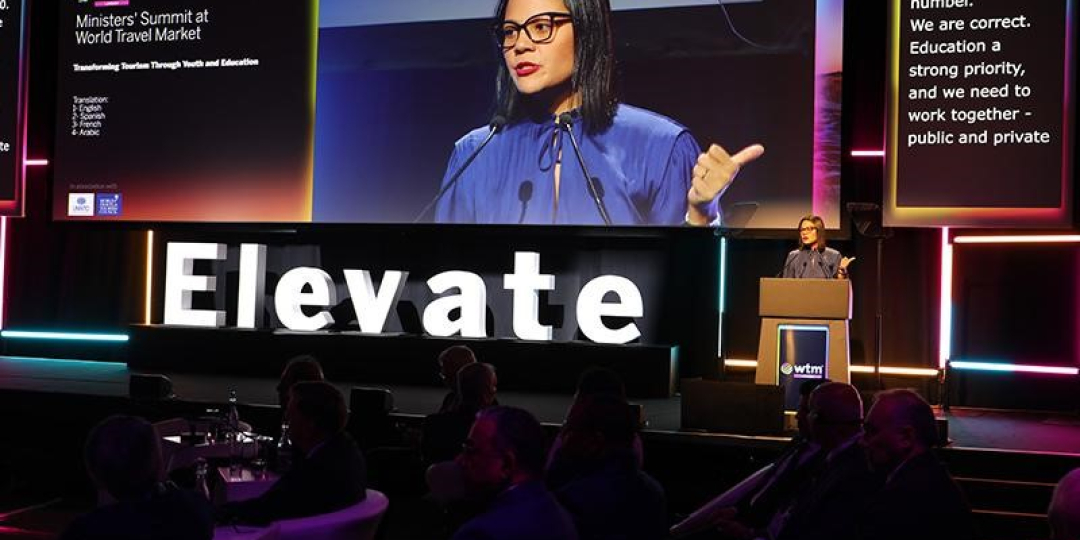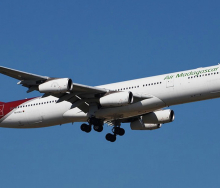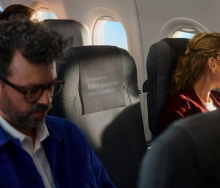During the UNWTO Minister Summit hosted in London on the first day of the World Travel Market, 40 Ministers of Tourism agreed that tourism could be a top employer of youth.
According to OECD figures, about 10% of youth are unemployed, and 14% hold only basic qualifications. Furthermore, according to analysis from the WTTC’s Travel & Tourism Environmental and Social Footprint report for South Africa, youth below the age of 24 make up only 11% of the travel and tourism industry in the country.
UNWTO emphasised the importance of supporting education and skills development within the tourism industry, particularly among youth aged between 15 and 24. To kickstart this process, the UNWTO will provide:
- Its Education Toolkit – a landmark resource that enables countries to introduce tourism as a high school subject.
- A Bachelor’s Degree in Sustainable Tourism Management offered by UNWTO and the Lucerne University of Applied Sciences and Arts, which will welcome its first students in 2024.
Country project focus
South Africa recently launched its Tourism Equity Fund to bridge the gap between student skills and employer needs. Meanwhile, in the Philippines, tourism education extends from high school to vocational degrees. At the same time, Jordan is working to boost the abilities of tourism workers, including in language skills.
For Malta, a new Skills Card will aim to elevate professional standards in the sector for better career prospects for workers and service for tourists. Indonesia will prioritise innovation and adaptation as it creates five million tourism jobs in the next decade.
The path forward
Highlighting the importance of education for tourism sustainability, the Minister for Colombia outlined how the sector was bringing peace, jobs and opportunity to areas afflicted by insecurity. Ethiopia also shared how its work investing in young people as well as in tourism infrastructure was having a positive socio-economic impact.
Mauritius noted that all Least Developed Countries had been hit hard by the pandemic and faced a challenge to boost literacy and numeracy rates, potentially with bilateral and multilateral support.
Concluding, UNWTO Executive Director Natalia Bayona noted the urgent need to make tourism an aspirational sector for young people everywhere, with public-private partnerships essentially for bridging the current skills gap in the sector. Ministers from around the world were able to take away essential lessons from the summit, including how to address the demand for a skilled workforce.

















